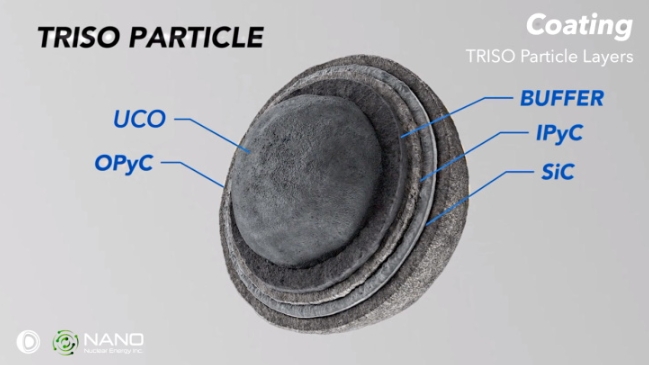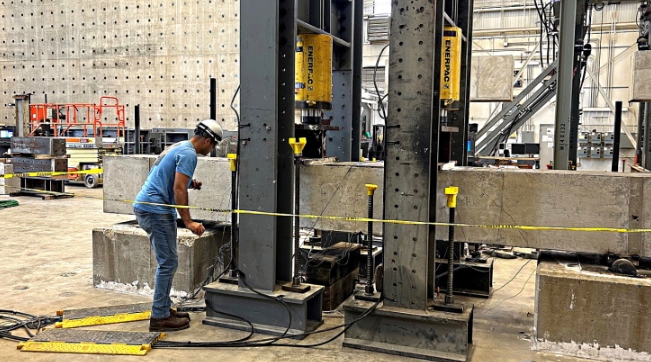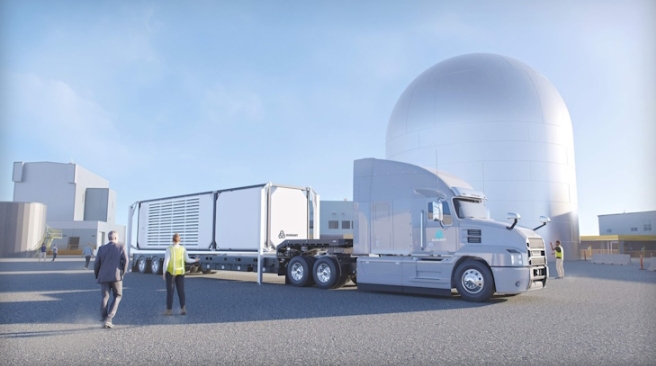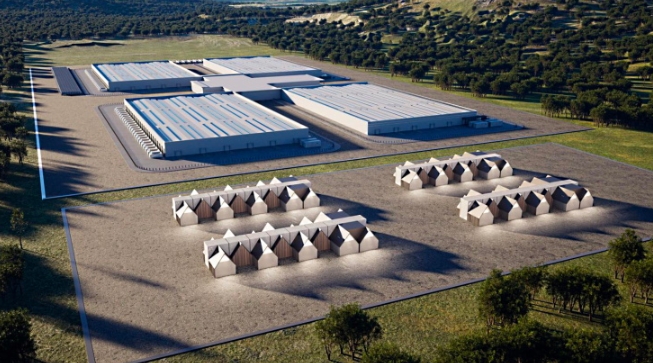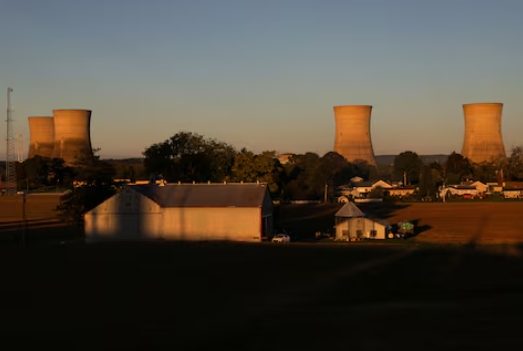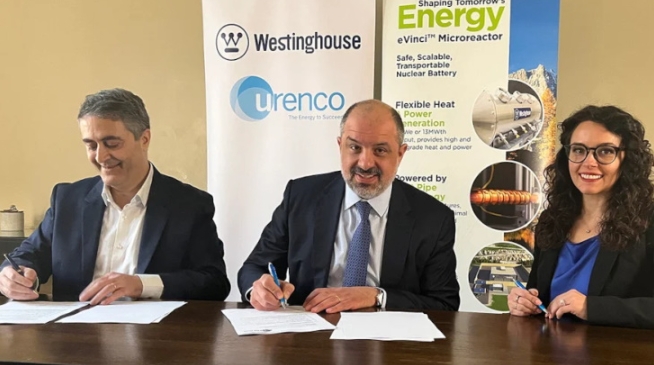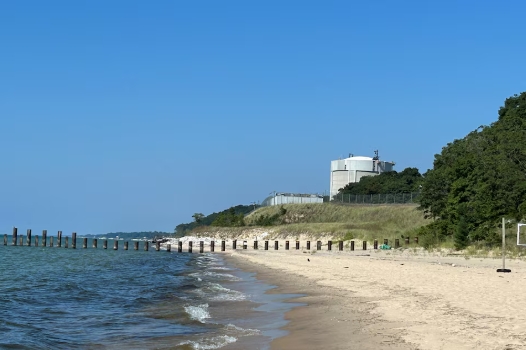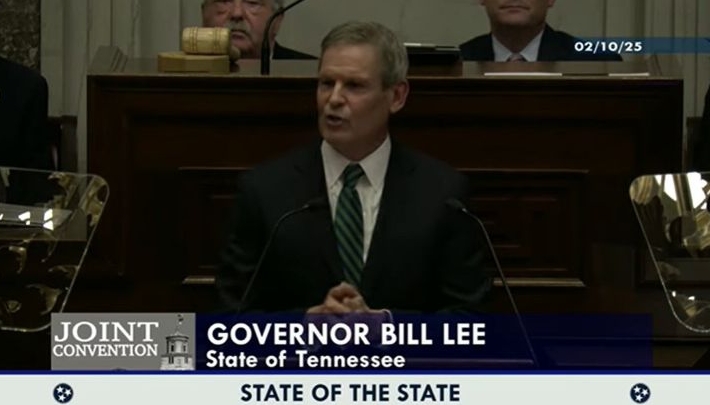
TerraPower submitted the construction permit application on 29 March (Image: TerraPower)
Natrium technology features a 345 MWe sodium-cooled fast reactor using high-assay low-enriched uranium fuel, with a molten salt-based energy storage system that can boost the system’s output to 500 MWe for more than five and a half hours when needed. TerraPower plans to build the Natrium demonstration plant near a retiring coal facility at Kemmerer in Wyoming.
The company said it has been working closely with the Nuclear Regulatory Commission (NRC) in pre-application meetings and is confident in its application. The demonstration plant's design means that non-nuclear construction will begin this summer, while nuclear construction will begin after the application has been approved, the company said. The completed demonstration project will be a fully functioning commercial power plant.
"This submission marks another step toward bringing the Natrium reactor to market and revolutionising how a nuclear reactor functions on the grid," TerraPower President and CEO Chris Levesque said. "We will continue working closely with local stakeholders, elected officials and regulatory partners as we begin non-nuclear construction this year while working through this application process with the NRC."
The company is working to strengthen the advanced nuclear supply chain in North America, and in February announced a second round of contracts for long-lead suppliers to support the development of the Natrium reactor. The selected contractors were: GERB Vibration Control Systems Inc to provide design and testing services, and supply seismic isolation equipment for the Natrium reactor support structure; Thermal Engineering International (USA) Inc to design and fabricate the sodium-salt heat exchanger; Hayward Tyler, Inc to provide design, fabrication, testing and qualification for the primary and intermediate sodium pumps; Framatome US Government Solutions LLC to design the ex-vessel fuel handling machine and bottom loading transfer cask; and Teledyne Brown Engineering to provide the design, fabrication, and testing for the in-vessel transfer machine which will manipulate core components from within the reactor vessel during refuelling operations.
The NRC is currently engaged in review activities related to three other non-light water reactor advanced reactor designs: construction permit applications for Kairos Power LLC's Hermes and Hermes 2 advanced test reactors; and an application for a construction permit for a molten salt research reactor from Abilene Christian University. None of these will be commercial plants, although the two 35 MW (thermal) reactors making up the Hermes 2 project are expected to generate electricity. The NRC decided in December to approve construction of the non-power Hermes sodium-cooled test reactor.
